T4K3.news
Pension triple lock tests Reeves
Inflation pushes up state pension costs and risks fueling the autumn budget debate.
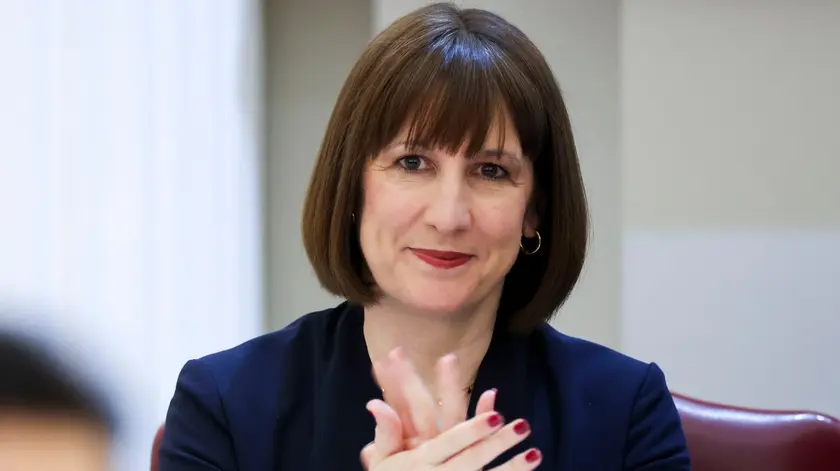
Inflation pressures push the state pension higher while funding the triple lock becomes a bigger political and fiscal challenge.
Pension triple lock tests Reeves as costs rise
The Bank of England now expects inflation to peak around 4 percent in September, a rise linked to higher pay, a recent boost to employers’ national insurance contributions, and a higher minimum wage. If inflation reaches 4 percent, the full new state pension could move from about £230.25 a week to around £239.46, lifting annual payments to roughly £12,451 for eligible pensioners. Keeping the triple lock in place would cost the government about £2.1 billion for 4.48 million pensioners. The Treasury already spends roughly £142 billion on pension-related spending each year, a figure forecast to rise toward £182 billion by 2029–30.
Beyond the headline amount, the policy intersects with broader fiscal realities. Tax thresholds have been frozen since 2021, a move that could push the state pension into taxable territory as the pension grows toward the personal allowance ceiling. Forecasts suggest the full pension could top £12,788 a year by April 2027, potentially triggering tax repayments for some retirees. Analysts warn that the triple lock, popular with voters, remains a costly commitment that complicates plans for other tax and welfare policies.
Key Takeaways
"This commitment was not only in the Labour manifesto but has also been used repeatedly to defend the changes to winter fuel payments."
Comment from Sir Steve Webb on the political endurance of the triple lock
"No doubt this will once again raise questions about the fairness of the triple lock, especially against a fiscal backdrop which suggests the chancellor is going to have to stick a shovel into taxpayers pockets again in the autumn budget."
Laith Khalaf on fairness and cost
"It is ridiculous that the government has launched a pension commission to review our retirement prospects, yet before the commission even starts, they have put out of reach all the big policy levers"
Tom McPhail on policy levers and reform
The triple lock has long served as a political anchor, but the numbers are catching up with the promise. The debate shifts from whether to protect pensioners to how to fund that protection in a slower growth environment. The policy is not only about benefits; it is about tradeoffs with taxes and other welfare programs.
If Reeves keeps the triple lock unchanged, the fiscal bill grows and the autumn budget faces tougher choices. If policy makers seek changes, the price could be political as voters weigh fairness against affordability. The moment invites a clear, transparent plan that links pension adequacy with a credible path for taxation and public spending, rather than piecemeal tweaks that leave the public unsure about long term assurances.
Highlights
- Triple lock turning into a fiscal flashpoint for all sides
- Living standards meet the price tag of a political promise
- Reform is not surrender it is a necessary reset
- Policy clarity could calm nerves instead of loud arguments
Budget and political risk around pension policy
Inflation driven costs for the triple lock intersect with a frozen tax threshold and looming budget gaps. The policy could trigger public reaction and political backlash if reforms are seen as unfair or poorly explained.
The budget will test how Britain balances fairness with fiscal responsibility.
Enjoyed this? Let your friends know!
Related News
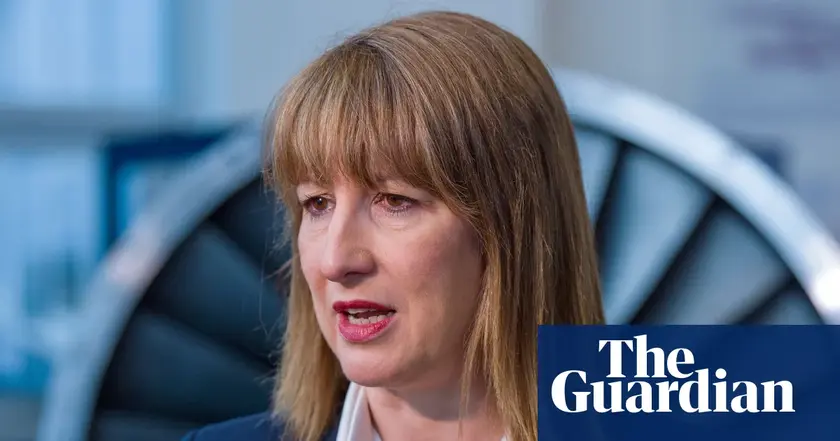
IMF advises UK to reconsider pension and NHS treatment policies
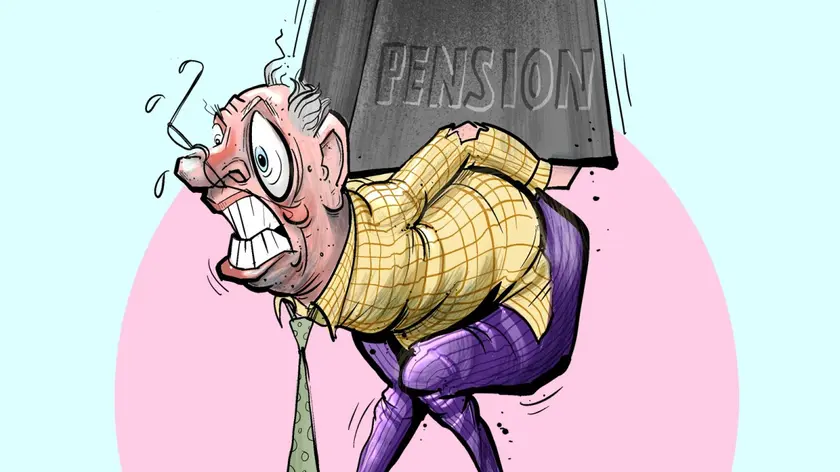
Chancellor plans major pension reforms
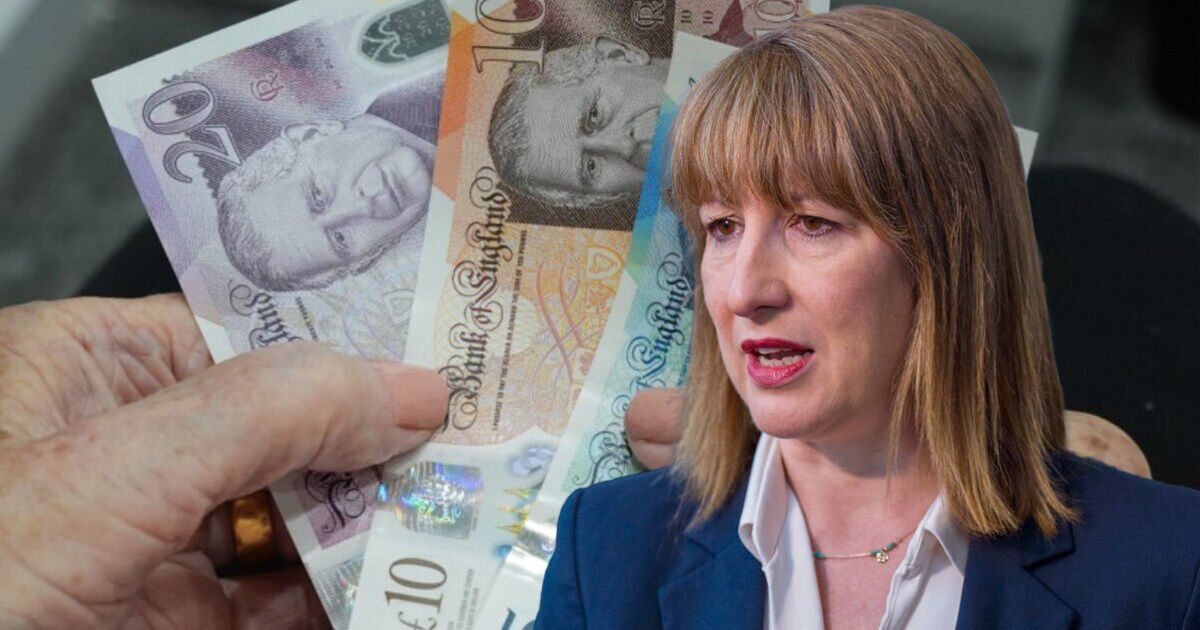
Chancellor to implement retirement tax for pensioners
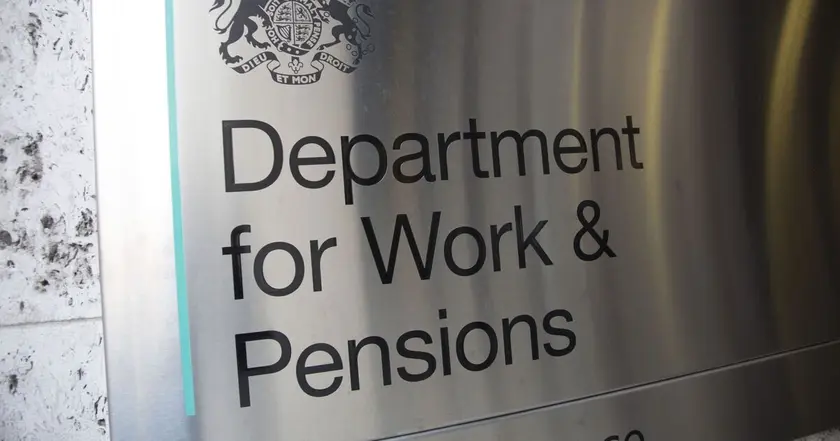
Significant state pension increase set for eligible citizens
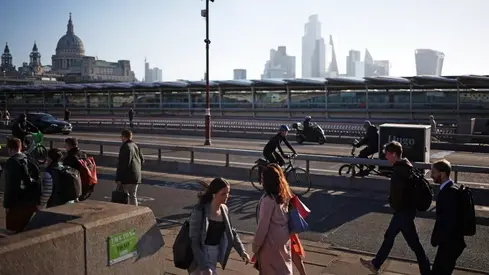
UK pensions overhaul announced by government

Pension Commission report reveals alarming savings trends

Pensioners born in specific years receive extra payments
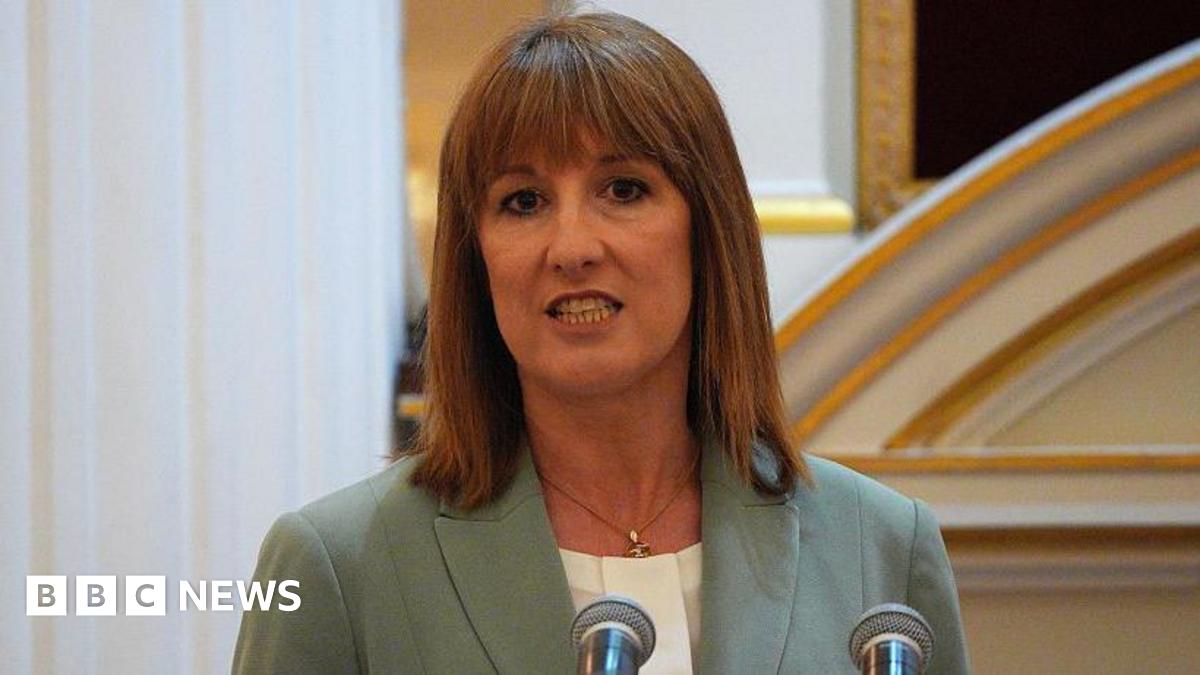
UK government may change borrowing assessment frequency
